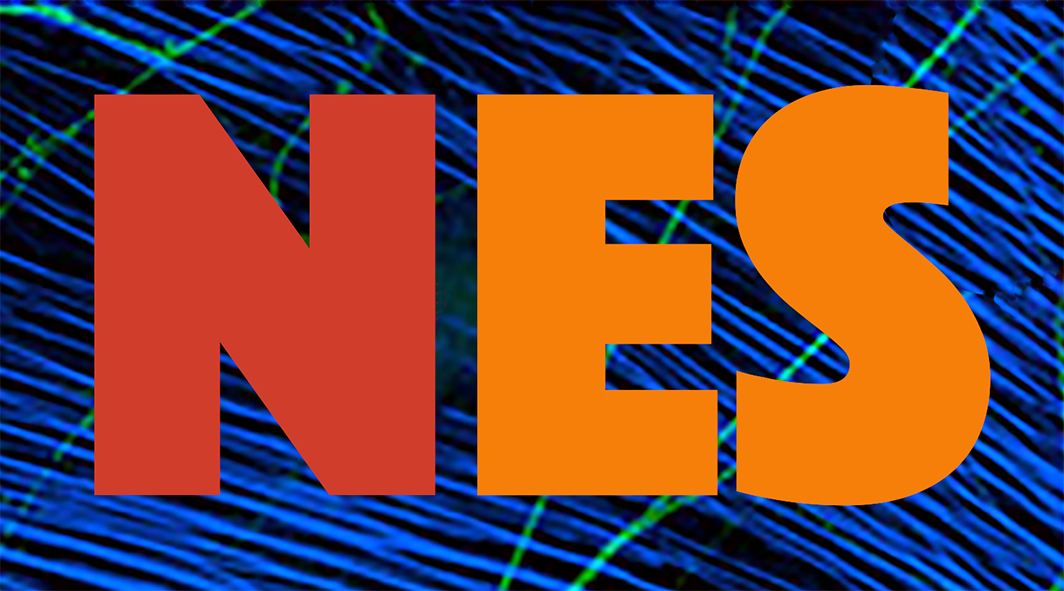
Fast Consensus and Metastability in a Highly Polarized Social Network
Mar 15, 2022
Antonio Galves and Kádmo de S. Laxa
We introduce a new model for a highly polarized social network. This model is a system of interacting marked point processes with memory of variable length. Each point process indicates the successive times in which a social actor express a "favorable" or "contrary" opinion on a certain subject. The orientation and the rate at which an actor express an opinion is influenced by the social pressure exerted on them, modulated by a polarization coefficient. The social pressure on an actor is reset to 0, when they express an opinion, and simultaneously the social pressures on all the other actors change by one unit in the direction of the opinion that was just expressed. We prove that when the polarization coefficient diverges, this social network reaches instantaneous consensus. Here by consensus we mean the set of lists in which all the social pressures push in the same direction. This consensus has a metastable behavior. This means that the direction of the social pressures on the actors globally changes after a long and unpredictable random time.
The whole paper is available here.
Share on Twitter Share on Facebook| NeuroCineMat |
|---|
|
Featuring this week: |
| Newsletter |
|---|
|
Stay informed on our latest news! |
| Follow Us on Facebook |
|---|




